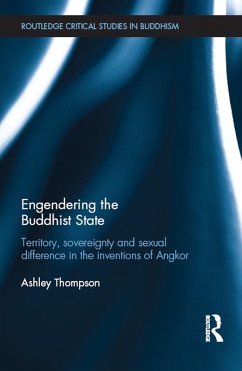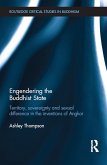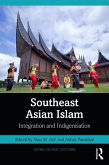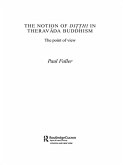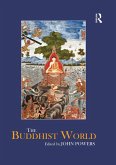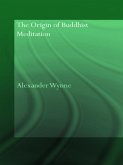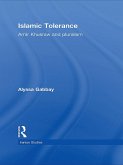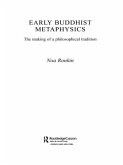The analysis involves extended close readings of a wide range of cultural artefacts including epigraphic and manuscript texts, sculpture and ritual practices. The author proposes a critical re-evaluation of dominant paradigms of Cambodian historiography in view of engendering new histories, or hybrid histories, which make room for previously absent perspectives and voices, while developing new theoretical tools engaging with and partially derived from "indigenous" narrative practices in the broadest sense. In this history-making process the historical event is shown to never be entirely separable from its aesthetic representation. Particular attention is paid to the roles of sexual difference in such (re)constructions of history.
The book presents a theory of power capable of accounting for the historical phenomena by which vernacular cultures appropriate, subvert and submit to cosmopolitan forces. It charts out a novel approach to the study of classical Southeast Asian materials, and is of interest to students and scholars of Asian Art, Religion and Philosophy, Buddhism and Southeast Asian History.
Dieser Download kann aus rechtlichen Gründen nur mit Rechnungsadresse in A, B, BG, CY, CZ, D, DK, EW, E, FIN, F, GR, HR, H, IRL, I, LT, L, LR, M, NL, PL, P, R, S, SLO, SK ausgeliefert werden.
David Chandler, Monash University, Journal of Asian Studies
"All students of Cambodian history should read Engendering the Buddhist State: the depth of conversation on key topics that have constituted the canon of Cambodian studies will be deeply rewarding. Graduate students in particular should engage with the text as a possible pathway through the study of these key examples. Students of sovereignty and the gendering of culture will find well-studied cases pertinent to their field within this text, and practitioners of the methods of deconstruction may appreciate the application of their preferred approach to the novel material of Southeast Asian history."
Erik W Davis, Macalester College, Religion

